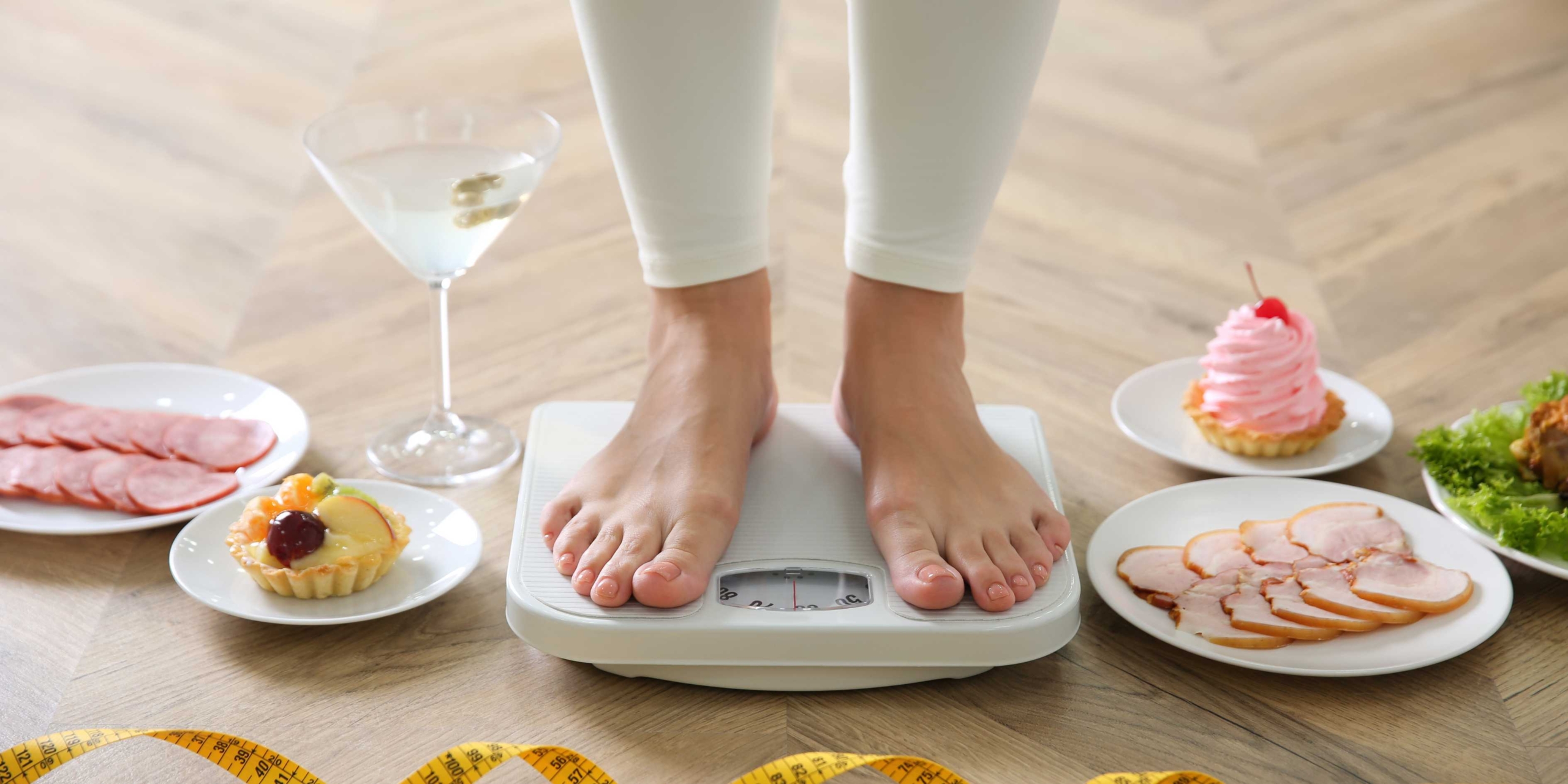Number 1 tip before commencing a weight loss journey
Before you begin your weight loss journey, you need to first know what your starting point is. This is a hard process because it involves accepting what you currently are, even though you may not be happy with what you see.

DETERMINE YOUR STARTING BASE
Before you begin your weight loss journey, you need to first know what your starting point is. This is a hard process because it involves accepting what you currently are, even though you may not be happy with what you see. Standing on the scales for the first time in a long time can be scary, but a vital process because it will give you measurements to compare to as your progress develops. This will also aid as a motivation tool because once you start to notice positive changes, you would have more desire to continue your journey and push even harder. My recommendation would be to perform 3 measurements. Alone they may be a little flawed, but all together will give you some good measuring and goal setting tools.
1. Measure your weight (in lbs or kgs) by standing on a set of scales
A simple and obvious process but a few recommendations worth mentioning.
Note that this will not consider if you are building muscle at the same time so just be aware. You may not lose weight according to the scales but have reduced your overall body fat percentage. This is why other measurements are essential to go alongside this.
Don’t worry if your scales are old and/or inexpensive without fancy features. They might be slightly out, but the main key is to:
i). Make sure that you only use one set of scales throughout your whole journey:
A set of scales at the gym may yield a different result than your set at home under the exact circumstances giving you misleading results, so best to just avoid it altogether.
ii). Measure yourself under the same circumstances each time:
My recommendations are first thing in the morning (before consuming any food or fluid), in the nude and after a no.1 and no.2 (pee and poo if that wasn’t obvious enough for you). This will make sure you have an accurate base to compare to on a consistent basis.
iii). Weighing yourself daily:
If you weigh yourself once a week, it may show a false result if there are any variables with your body i.e. greater amounts of water retention, a late heavy meal the night before, or something similar. This will make you unmotivated if your think you haven’t lost anything after working hard for a whole week and demotivate you, even though it may not be accurate. Going another week to find this inaccuracy out is a long time to have to wait also.
A daily measurement will take away the surprise a little as the results are more gradual, but it will help to get a more accurate moving average measurement, weeding out any day-to-day anomalies over the course of the week.
Tip. There are plenty of free weight recording apps on the market or very inexpensive, to say the least. This will give you a nice graph to help interpret the results better. You can also get scales that automatically feed to data into the manufactures app making it all automatic.
2. Calculate your BMI
For a free BMI calculator or to learn more, refer to our article How to calculate BMI.
What is BMI?
BMI or Body Mass Index is a simple calculation based on height and weight and will help screen for weight categories that could lead to health problems (i.e it will help aid identify if you are underweight, healthy, overweight or obese (I, II and III).
BMI has its flaws also, as it is a measurement relying on your weight also, which may be skewed by several variables as discussed above. The focus here is to keep it simple and use it as a basic score only. I.e if your BMI is 26 (Overweight), it can be a good motivation and goal-setting tool/comparison to get the score down to a healthier range by losing some body fat. Reviewing this on a monthly basis is the best approach in my opinion.
3. Measure your belly and glute circumference with a measuring tape
Although it is possible to measure your whole body, if you are focussed on fat reduction alone, these are the two greatest fat storage areas of our body that will provide the best measurements for this purpose. It will also be far less time-consuming than measuring your whole body making it more sustainable to maintain.
These measurements will aid as a comparison tool and show results in fat loss even if you have not lost weight on the scales. Based on this, it is a great supplement tool. Note that if you are suffering from bloating, consumed meals or fluid and/or have greater fluid retention, this can also be misleading, so minimise your risk of inaccuracy by measuring consistently as mentioned above with your scale measuring. Performing this task on a weekly basis (not daily as with the scale measuring) is the optimum as this area will take longer to display results as compared to scale measuring.



